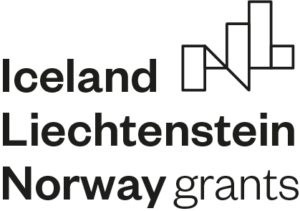Financed by:
NOVA School of Law will coordinate the project to study multiple and intersectional discrimination
The “Project Multiversity – White Paper on multiple and intersectional discrimination” has recently been presented. Its main goal is to build a scientifically grounded recommendation, based on multidisciplinary knowledge, to level and harmonise anti-discrimination protections in Portugal, with consideration for sequential, additive, and intersectional multiple discrimination.
“In this work, in which Law benefits from contributions from other Social Sciences, such as Economics, Sociology and Anthropology, resulting from fieldwork to collect a range of data on which we will build public policy recommendations that are intended to be accurate and effective, the aim is to have a real impact on people’s lives, enabling legal and at the same time social change. Fragmented responses to different types of discrimination may not allow for adequate protection for those at the intersections of different categories of discrimination. We will therefore analyse the Portuguese legislation, and examples of comprehensive anti-discrimination laws from different countries, and we will also listen to NGOs and governmental bodies working on each form of discrimination in Portugal, in search of the best way for the law to protect everyone“, says Margarida Lima Rego, Director of NOVA School of Law, and Coordinator of the project.
For the development of the project, which will last 18 months, the anti-discrimination legal and institutional frameworks in different countries (Germany, Sweden, Greece, and Norway) will be analysed, with a particularly detailed analysis of the Norwegian experience, through the partnership with Egalia.
Project Multiversity
White Paper on multiple and intersectional discrimination
The focus will be on discrimination based on sex, racial/ethnic origin, sexual orientation and gender identity and disability and taking into account the specific socio-economic consequences of each type of discrimination.
Activity
The project includes:
- An in-depth analysis of the existing legal and institutional anti-discrimination framework in Portugal across different grounds of discrimination, to identify possible gaps and inconsistencies; the legal analysis will be complemented by focus groups with Portuguese anti-discrimination NGOs, social partners, and public institutions responsible for anti-discrimination policies.
- A comparative analysis of legal and institutional anti-discrimination frameworks in different countries (Germany, Sweden, Greece, and Norway), complemented by an in-depth analysis of the Norwegian experience and semi-structured interviews with European anti-discrimination NGOs.
- A social media campaign to promote awareness of multiple and intersectional discrimination (and the need for legal and institutional protection), launched at an intermediate workshop; the workshop will also allow for the presentation of the results of focus groups and will create a space for additional dialogue among and with all stakeholders.
- The production and publication of the White Paper that details the research conducted and that includes a proposal of a new conceptual anti-discrimination framework, including new legislation and institutional reform (and complemented by a draft of a new anti-discrimination law); in addition to the White Paper, a scientific article will be prepared and submitted to a peer-reviewed journal. The White Paper will be presented at the final conference for the project.
Goals
The goal is to produce an integrated and coherent system, that levels protections against discrimination based on all grounds of discrimination, and that also includes protections against multiple and intersectional discrimination.
The project is funded by the EEA Grants, within the Conciliation and Gender Equality Programme, with the Commission for Citizenship and Gender Equality as Programme Operator.
It is promoted by NOVA School of Law within the activity of NOVA Knowledge Centre for Data-Driven Law.
Programme operator:
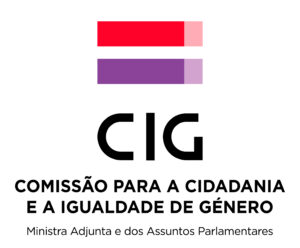
Promoted by:
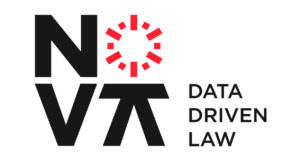

Partner:
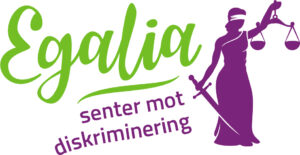
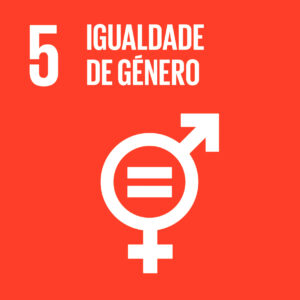
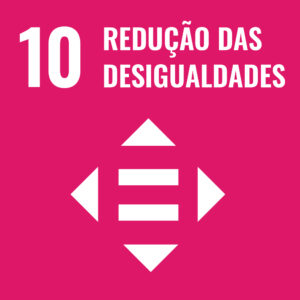
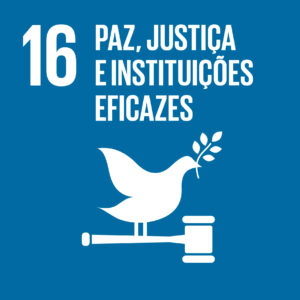
Multiversity Project Final Conference
26 February, 2024
The final conference presented the White Paper, highlighting the main findings and recommendations of the project, as well as the proposal for a preliminary draft of a comprehensive anti-discrimination law, and invited parliamentary groups to participate in the debate in order to take a public position on this proposal.
Intermediate Workshop
June 23, 2023
The Intermediate Workshop will present some intermediate results based on the empirical data collected during the first nine months of project implementation. Based on this framework, the best legal and institutional response to the set of discriminations and their intersection will be considered, weighing the possibility of creating a new law that encompasses all categories, as well as multiple discrimination; that frames an institutional reform; and that promotes affirmative action measures in the private sector.
Launching Session
31 October, 2022
The launch session of the project Multiversity Project – White Paper on multiple and intersectional discrimination was held at NOVA School of Law on October 31st, 2022, in the presence of the project coordinators and team – Margarida Lima Rego and Paulo Côrte-Real, Miguel Vale de Almeida, Joana Brilhante, Maria João Resende, Veronica Corcodel – and of Ellen Aabø, Deputy Head of Mission of the Norwegian Embassy in Portugal; Lene Løvdal, Chairperson of Egalia centre against discrimination (Norway); Maria Mineiro, Deputy Coordinator of the National Management Unit of the European Economic Area Financial Mechanism; and Sandra Ribeiro, President of the Commission for Citizenship and Gender Equality.
